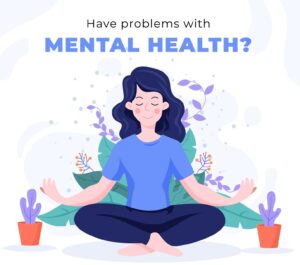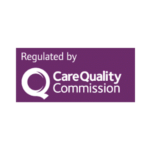
In the realm of mental health, recognizing when to seek support is a crucial step towards maintaining well-being. This guide aims to provide a comprehensive understanding of the signs, symptoms, and appropriate actions to take in different situations. It’s important to gauge the impact of your mental health on your daily life and make informed decisions accordingly.
Assessing Mild Symptoms (Lasting Less Than 2 Weeks):
- Are you experiencing mild symptoms, such as feeling a bit low or having trouble sleeping?
- Can you still manage your job, schoolwork, or household responsibilities, even if you’re feeling down?
- Despite these mild symptoms, are you able to care for yourself and others?
If the answer is yes to the above questions, there are self-care activities you can engage in to improve your well-being:
- Incorporate regular exercise, such as aerobics or yoga, into your routine.
- Maintain social connections, whether virtually or in person.
- Establish healthy sleep habits to ensure restful nights.
- Prioritize a balanced and nutritious diet.
- Reach out to a trusted friend or family member for support.
- Explore meditation, relaxation techniques, and mindfulness practices to manage your symptoms.
However, if your mild symptoms persist or worsen despite your self-care efforts, it is advisable to seek the guidance of a healthcare provider.
Assessing Severe Symptoms (Lasting 2 Weeks or More):
- Have you been grappling with severe symptoms, such as significant sleep disturbances or appetite changes leading to noticeable weight fluctuations?
- Do you find it challenging to get out of bed in the morning due to your mood?
- Are you struggling to concentrate, experiencing a loss of interest in activities you once enjoyed, and unable to perform your usual daily tasks and responsibilities?
- Have you been having thoughts of self-harm or death?
In the case of severe symptoms, it is imperative to seek professional assistance, which may include:
- Psychotherapy (talk therapy), available virtually or in person, tailored for individuals, groups, or families.
- Medication prescribed by a qualified healthcare provider.
- Exploring brain stimulation therapies under the guidance of a mental health professional.
This guide is designed to help you assess your mental health and make informed decisions regarding when and what type of support to seek based on your symptoms and their duration. Remember that your mental well-being is a valuable and essential aspect of your overall health.

















